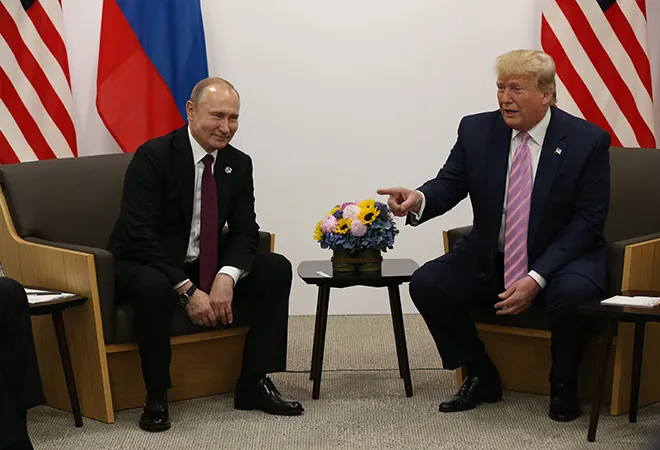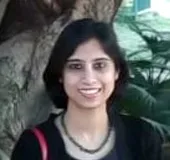
How Donald Trump has changed the world series>
Even before Donald Trump became president, the US’ relations with Russia were already on a downward spiral, particularly since the 2014 Ukrainian crisis that led to western sanctions on Russia. The US intelligence report on Russian attempts to interfere in the 2016 presidential elections worsened the situation and has since formed the backdrop of US-Russia relations – both driving the policy agenda as well as thwarting any constructive cooperation. Despite Trump’s declaration of building an “extraordinary relationship”, the broad political sentiment in Washington has steadfastly remained against Russia. The Congressional action in passing strict sanction laws has made any relief inconceivable in the short term.
The combined effects of Congressional actions and incoherent policy by the current administration have created a situation not seen in US-Russia ties since the collapse of the Soviet Union. The disruption of regular diplomatic efforts has resulted in the neglect of crucial issues of strategic stability and arms control, with New START set to expire in February 2021 and no clear plan of action yet for its extension.
The US sanctions have failed to achieve the desired impact in terms of altering Russian behaviour. On the contrary, it has pushed Moscow further towards Beijing at a time of rising US-China tensions, strengthening the position of the two countries that it has labelled as rivals. This is not to say that Russia has attempted to repair the relationship, either. Apart from the Ukraine crisis, other issues have made it difficult for proponents in Washington to lobby for more cordial relations with Moscow: the MH 17 plane crash, Russia’s interference in the 2016 US election, the UK Skripal poisoning in 2018, and the most recent poisoning of opposition leader Alexey Navalny.
These same crises make it imperative that dialogue take centrestage—to establish clear rules of competition and to identify areas of mutual interest for cooperation. In a sharp departure from tradition, Trump and Russian president Vladimir Putin met only once in 2018 for a full-fledged summit. The Cold War tradition of a realist, pragmatic behaviour to avoid any dangerous escalation between the world’s two largest nuclear powers has been missing in the past four years. Indeed, this is an unprecedented situation wherein the two countries are caught up in the cycle of sanctions and countersanctions, expulsions and counter-expulsions, allegations and counter-allegations – with neither side showing any clear attempt at breaking the logjam. Meanwhile, Russia remains steadfast in its desire to maintain a sphere of influence in its neighbourhood. It has fundamentally opposed US hegemony and unilateral actions, NATO expansion and colour revolutions in the form of mass protests leading to regime change in the former Soviet space—with no concessions in sight.
The disruption of policy on Russia has taken place both due to the election of Trump and the circumstances of that election which led to the deterioration of an already-strained relationship. The factors that have led Moscow and Washington to the current stage are not merely the result of one electoral cycle. The ongoing confrontation appears to be systemic in nature. The post-Cold War period continues to witness a fundamental divergence of opinion between the US and Russia about the future world order, their respective roles in the international system, and their own geopolitical interests.
The views expressed above belong to the author(s). ORF research and analyses now available on Telegram! Click here to access our curated content — blogs, longforms and interviews.




 PREV
PREV


